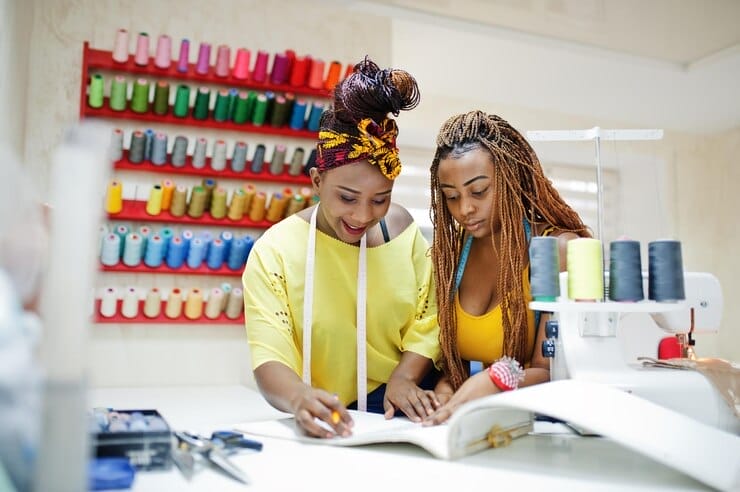Afreximbank, in collaboration with industrial platform ARISE Integrated Industrial Platforms (ARISE IIP) and Swiss textile technology leader Rieter, is set to transform the African manufacturing landscape with the launch of a $5 billion textile initiative, placing Nigeria at the heart of a continental revival.
The proposed textile facility in Nigeria, one of the largest of its kind, is designed to recruit 250,000 workers as part of a broader strategy to rebuild Africa’s cotton-to-textile value chain. Over the next three to five years, the initiative is expected to create as many as 500,000 jobs across the continent, marking a major shift toward industrial self-reliance, export competitiveness, and large-scale employment generation.
This development forms the central pillar of the Africa Textile Renaissance Plan, a bold, capital-intensive framework that aims to restore Africa’s position in the global textile supply chain. Leveraging Rieter’s high-efficiency spinning technology and ARISE IIP’s industrial park model, the project is structured to foster integrated manufacturing ecosystems, spanning raw cotton processing to final garment production.
For Nigeria, a country whose textile sector once stood as a cornerstone of its industrial economy, the investment represents both a return to form and a leap forward. At its peak in the late 20th century, Nigeria’s textile industry boasted more than 180 mills and over a million jobs. That legacy, eroded over decades by inconsistent policies, infrastructure deficits, and global competition, is now being reimagined with modern efficiency and strategic depth.
The facility will not operate in isolation. It is part of a larger effort to decentralize production, encourage regional trade, and support pan-African export ambitions through structured financing, technical training, and manufacturing clusters. Training centres and local maintenance hubs will ensure that technology transfer is not only effective but sustainable, fostering a new generation of skilled industrial labour across the value chain.
ALSO READ: African Union Agency Slams Fitch’s ‘Flawed’ Afreximbank Downgrade
This textile renaissance is also a direct response to Africa’s growing youth population, rising demand for locally made products, and the need to reduce dependence on foreign imports. With more nations on the continent pushing for industrialization as a tool for economic resilience, the initiative signals a broader continental ambition to move from raw material dependency to value-added production.
As Nigeria prepares to host one of the flagship facilities under this plan, the implications for regional growth, export capacity, and job creation are profound. The combination of Afreximbank’s financial muscle, ARISE IIP’s infrastructure expertise, and Rieter’s technological leadership forms a triad of capability rarely seen at this scale on the continent.
If successful, the project could redefine Africa’s position in global textile production, re-establish Nigeria as a continental hub for manufacturing, and set a benchmark for how strategic investment partnerships can unlock economic transformation at scale.
The Africa Textile Renaissance Plan is not merely a commercial venture. It is an industrial blueprint that blends vision, finance, and infrastructure engineered to give shape to a new era of African production power.

